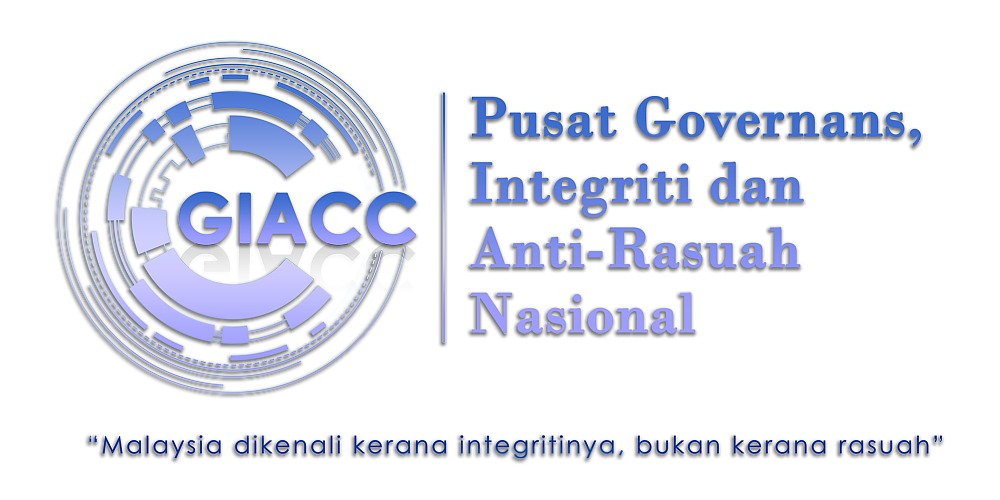THE National Centre for Governance, Integrity and Anti-Corruption (GIACC) whose key functions is to monitor the implementation of the National Anti-Corruption Plan (NACP) must never be placed under the Malaysian Anti-Corruption Commission (MACC) because the MACC whose primary function is to serve as an investigative body.
As much as MACC needs greater independence, the institution itself definitely needs to be reformed in terms of its appointment process and be given more investigative powers, ie to investigate unexplained wealth of politicians, and business entities, according to the Center to Combat Corruption and Cronyism (C4 Center).
“To this end, the NACP and the anti-corruption agenda needs to be moved by an entity that needs to report directly to Parliament and the Prime Minister (PM),” C4 Center pointed out in a media statement.
Following the recent decision to disband the National Recovery Council (MPN) as it was among several agencies with overlapping tasks, PM Datuk Seri Anwar Ibrahim said the proposal to also disband the National Governance, Integrity, and Anti-Corruption Centre (GIACC) is being scrutinised.
Anwar who is the Finance Minister has said that if the functions of GIACC could be handled by the MACC or the Royal Malaysia Police (PDRM), then the overlapping agencies should be scrapped as each agency incurs high costs.
Given the latest development, the C4 Center recommends the following measures:
• To establish an independent section in Parliament be it special select committees or an all-party parliamentary group (APPG) comprising MPs from both sides of the divide that is robust and proactive in overseeing this entity;
• The functions of the GIACC should not be placed under the MACC as the latter should remain an investigative body; and
• For any overlapping, unnecessary institutions are to be scrapped.
In a related development, C4 Center said it is aware that PM Anwar has shown that “he holds no outright aversion” towards the involvement of politicians in government-linked companies (GLC) management.
“It is important to note that while there is no deterrence to stop politicians from applying for certain positions, what is highly recommended in this situation is for politicians not to be made chairpersons, executive directors in GLCs,” proposed the non-profit policy advocate dedicated to fighting corruption and cronyism.
“Hence, a long-term law that clearly sets out the guideline to approach this important aspect that increases good governance on a larger scale with a solid regulatory mechanism must be immediately established.”
Towards this end, C4 Center propose the following measures:
1) Introduce a law to regulate government-linked companies (GLCs) to improve management of GLCs and oversee the membership make-up of the board of GLCs;
2) Formation of an independent commission to vet the appointments of GLC chairpersons, CEOs and board members and the manner in which the entities operate;
3) Open up the GLC appointment system by ensuring that a certain level of open applications to the public can be made possible. This would increase transparency and build a genuine meritocracy system that encourages competition among the brightest of minds and enables capable individuals from among the business, academic and even professionals from the civil society sectors to apply for GLC posts; and
4) Non-performing or dormant GLCs should be dissolved.
“The above recommendations are made in good faith of the government’s vow to fulfil the anti-corruption agenda for Malaysia which has been a long time coming, and ensure that a positive environment in the GLC sector can be now nurtured to move the economy forward and secure the future and overall well-being of the nation in the long run,” added the C4 Center. – Dec 24, 2022









